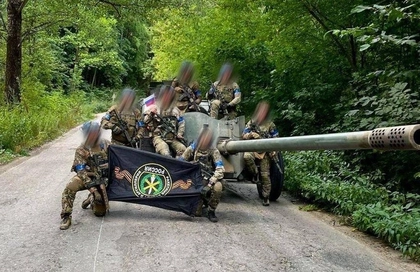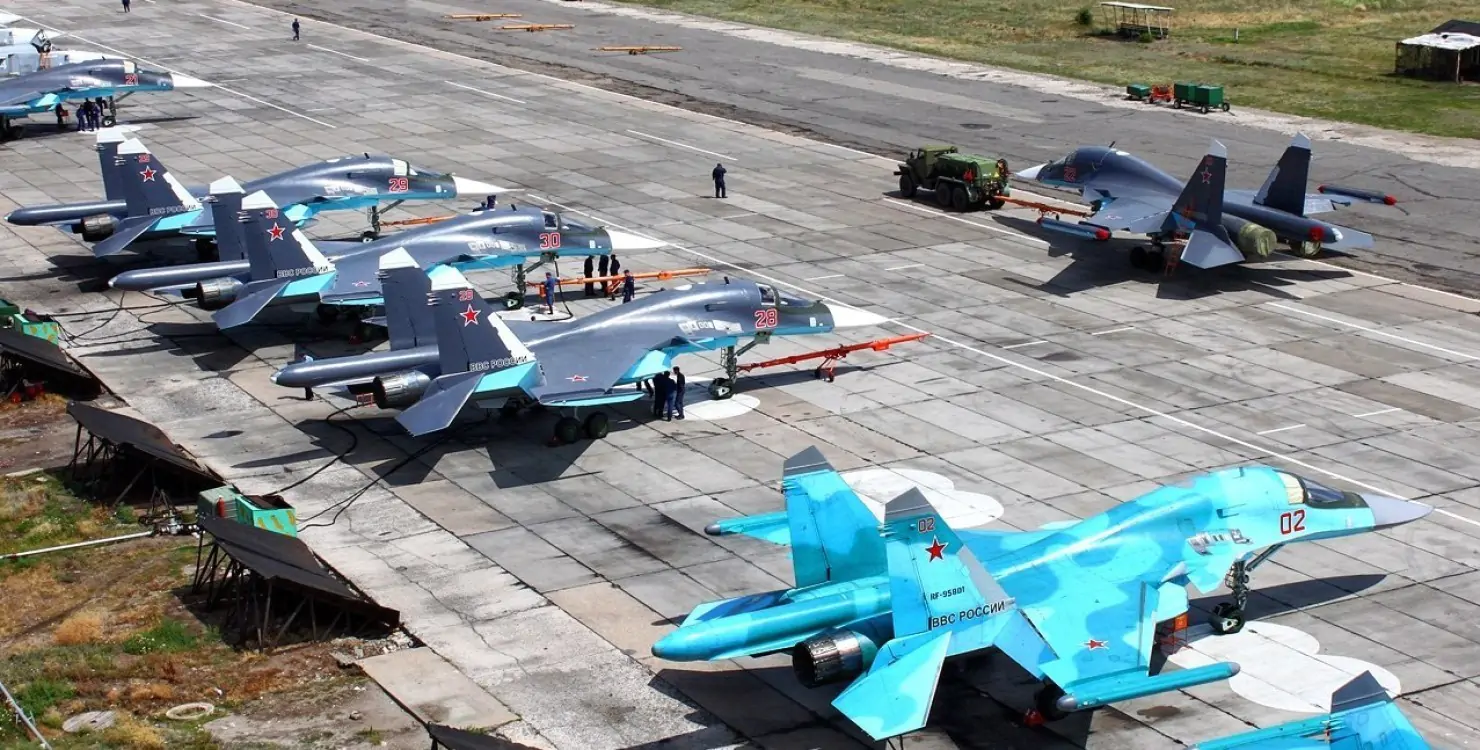A memorandum of understanding was signed between the governments of Bulgaria, Romania and Turkey in Istanbul on Jan. 11 that established the Black Sea Naval Mine Action Group (MSM Black Sea). This was to form a joint mine-hunting force to clear mines from areas in the Black Sea that were threatening shipping safety, particularly in relation to Ukrainian grain exports.
Bloomberg reported on Monday, July 1 that the MSM was about to start its work at removing mines from specific areas of the Black Sea because of the war in Ukraine. The operation, which involves the use of naval minesweeping and patrol vessels, helicopters, drones and divers, formally kicked off with an “Activation Ceremony” as the commanders of the Turkish, Bulgarian and Romanian naval forces signed operation orders for its naval forces to begin clearance on July 2.
JOIN US ON TELEGRAM
Follow our coverage of the war on the @Kyivpost_official.
The Turkish Minister of Defense Yasar Güler said, “The purpose of creating the group is to detect mines that are carried by the current from both Russian and Ukrainian ports, and to eliminate them.”
Todor Tagarev, Güler’s Bulgarian counterpart said that the demining operations were limited to the territorial waters of the three member states and does not involve demining off the Ukrainian coast. He said the MSM activities are not designed to support either of the participants in the war, they are intended to improve interaction and strengthen good neighborly relations between the three participants.

Shipwrecked Russian Tankers Pollute Kerch Strait Wetlands, Birds Covered With Oil
Tagarev also said that in the future, Georgia, which also has a Black Sea coastline, may become involved.
Romanian Defense Minister Angel Tylvar said that its naval forces have individually carried out seven operations to destroy sea mines since the beginning of the war. He also said that the US and others had been notified of the relatively limited aims of the initiative.
It was also made clear that, although the three MSM nations were members of NATO, their commercial shipping resources are 100 percent civilian and totally managed separately to any military assets allocated to the alliance, partly to avoid escalation with Russia.
In 2023, Ukraine began to use its own safe Black Sea export route after Russia withdrew from the “grain deal” which had been brokered by Turkey and the United Nations. Use by merchant vessels of that route is not without risk as Russia has frequently launched missile and drone attacks on ports around Odesa and Ukraine’s cargo facilities on the Danube.
Even so, Ukraine’s Ministry of Reconstruction said on June 27 that in the 10 months the Ukraine corridor has been operating, more than 37 million tons of agricultural products had been shipped to 45 countries.
You can also highlight the text and press Ctrl + Enter






